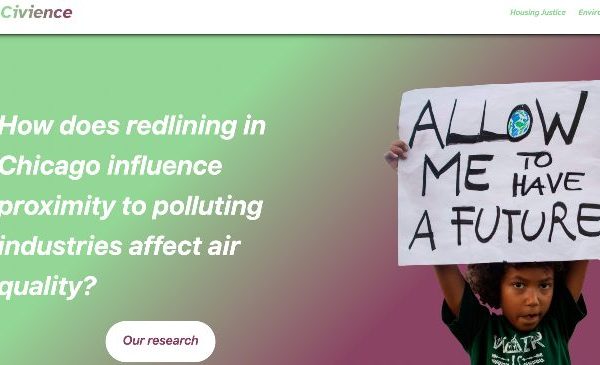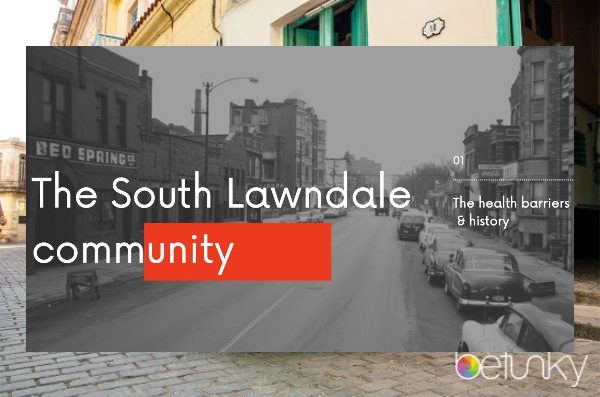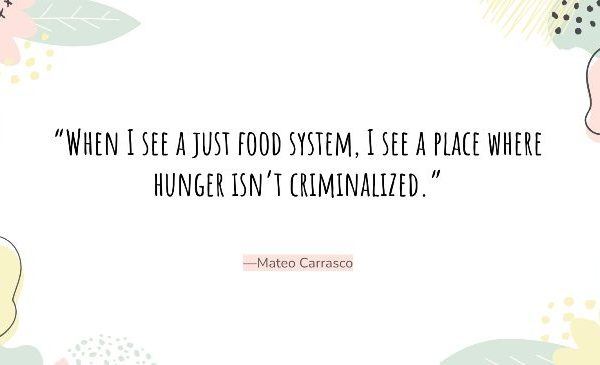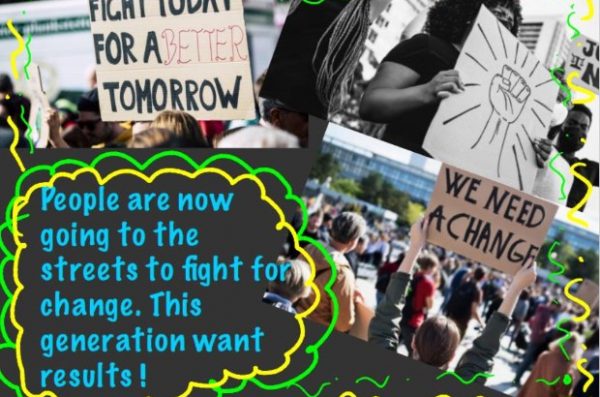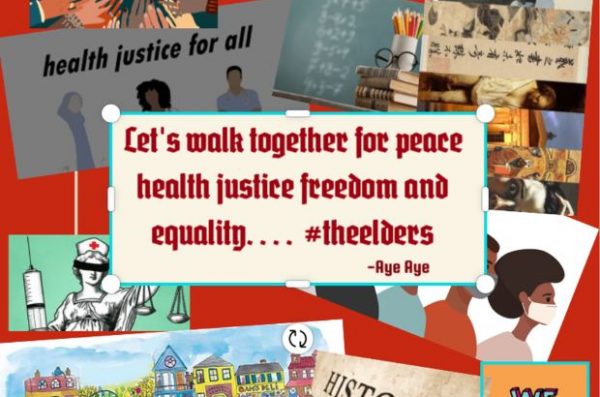Summer Youth Citizen Scientists Create Research Projects Based in Social Justice
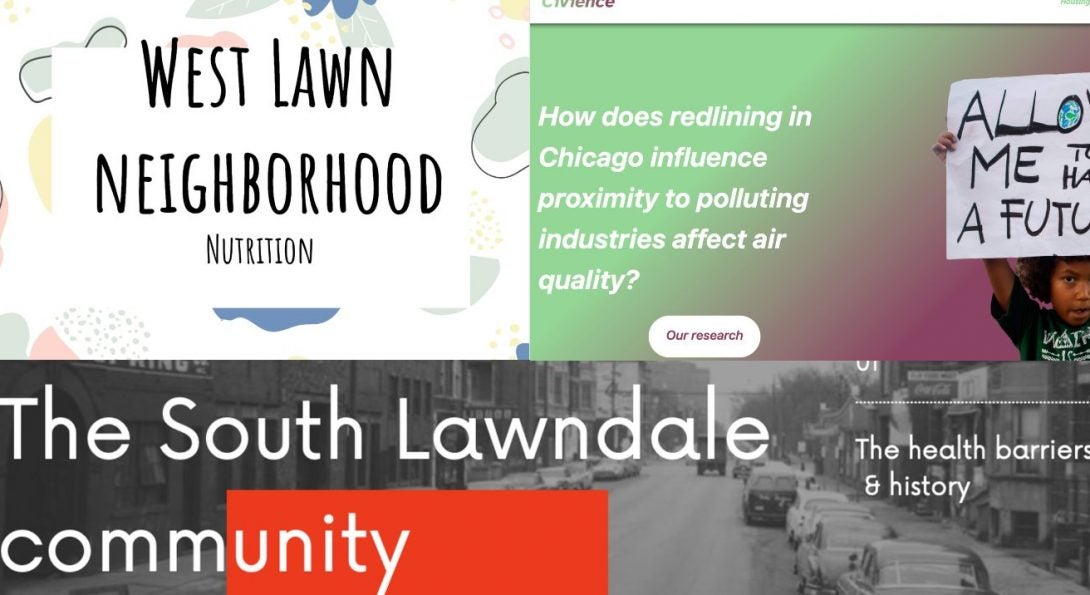
This summer, the Collaboratory for Health Justice, in partnership with One Summer Chicago and the Logan Square Neighborhood Association, hosted a 6-week Youth Citizen Scientist Program. Youth ages 16 - 24 learned about public health, its history and the potential to decolonize public health and community engagement.
why decolonize science
“It is important to decolonize science because some things that we are taught in the past are old fashioned or not always relevant. Science and our understanding is constantly changing and we need to continue learning.”
| Summer 2021
Reflection
Throughout the course, youth reflected on their roles as citizen scientists, and how they can and do use data collection in their everyday lives.
“My role as a citizen scientist is to identify the problems that exist in our communities, either about racism, health equity, community assets, environmental health, etc. Then we put time to investigate and research about the history and causes of the community, data resources, as well as interviewing community residents.”
| Summer 2021
Projects
Participants then pursued inquiry projects based on their personal experiences to explore the root causes of health inequities and build skills in qualitative and mixed-methods inquiry methods for data collection. These projects included:
- Relevant History: What information is important when thinking about this issue historically?
- Research & Data: What data was gathered and how? What were the key findings and important takeaways? Are the data reliable and does it capture a holistic picture of the issue? Are the data grounded in lived experience?
- Ways forward: What are some possible solutions for this issue? How could this project be expanded to incorporate more community members and lived experience?
- Culturally Tailored Dissemination: How can we develop community health messages that are culturally tailored? What methods can we use to understand knowledge gaps and disseminate health information?
Youth projects included varied in topic, type of research collected, and method of dissemination.
Projects focused on nutrition and disability, the intersection of housing and environmental justice, and exploring the lived experiences and assets of the Little Village Community. Click on each project’s link to see some the final projects they put together!
